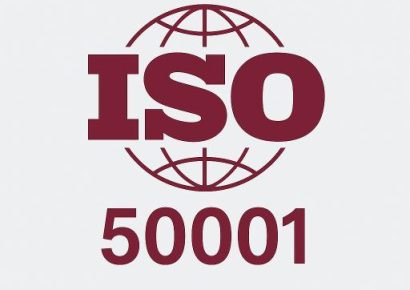Course Overview
Course Overview
The Declaration of Interest Handling Course is designed to equip learners with a practical and ethical understanding of managing personal and organizational conflicts of interest. In today’s accountability-driven environments, transparent declaration and management of interests are vital for maintaining integrity, building stakeholder trust, and complying with corporate governance standards.
This course explores key legal, ethical, and procedural frameworks to help participants identify, declare, assess, and appropriately handle interests that may compromise or appear to compromise professional judgement, procurement decisions, board functions, or public service conduct.
Duration: 2 Days
Learning Outcomes
By the end of this course, participants will be able to:
- Understand the purpose and importance of declaring interests in both private and public sector contexts.
- Identify different types of interests (financial, personal, familial, business, and third-party).
- Apply principles of good governance and ethical leadership in relation to conflicts of interest.
- Implement internal procedures for declarations of interest.
- Assess and respond to declared interests using a risk-based approach.
- Draft and review declaration forms, registers, and mitigation actions.
- Ensure alignment with legislative, regulatory, and company policy requirements.
Course Content
Day 1: Foundations of Interest Declaration and Conflict Management
- Module 1: Introduction to Conflict of Interest and Declaration Principles
- What is a Conflict of Interest?
- Why Declarations Matter: Ethics, Trust, and Governance
- Applicable Laws and Frameworks (e.g. PFMA, MFMA, King IV, Company Act)
- Module 2: Types of Interests and Risk Scenarios
- Personal, Financial, Familial, and Third-Party Interests
- Interests in Procurement, Hiring, and Board Decision-Making
- Case Study Analysis: Identifying Interests in Real Scenarios
- Module 3: Declaration Procedures and Policy Implementation
- How to Declare: Forms, Registers, Disclosure Protocols
- Annual Declarations vs Event-Driven Disclosures
- Integrating Declaration Handling into Company Policies
Day 2: Assessing, Managing, and Auditing Declarations of Interest
- Module 4: Assessing and Responding to Declared Interests
- Risk-Based Review of Declarations
- Mitigation Plans and Conditional Participation
- Recusal, Restrictions, and Escalation Mechanisms
- Module 5: Register Management and Monitoring
- Designing and Maintaining Declaration Registers
- Internal Controls, Reviews, and Audit Readiness
- Technology Tools for Interest Management
- Module 6: Building a Culture of Transparency and Accountability
- Training Staff and Leadership
- Dealing with Non-Compliance and Misrepresentation
- Encouraging Ethical Leadership and Whistleblowing
- Practical Exercise:
- Drafting a Declaration Register and Risk Response Plan
- Simulated Review Committee Exercise
Course Difficulty Rating: Beginner to Intermediate
Curriculum
- 7 Sections
- 20 Lessons
- 2 Days
- Module 1: Introduction to Conflict of Interest and Declaration Principles3
- Module 2: Types of Interests and Risk Scenarios3
- Module 3: Declaration Procedures and Policy Implementation3
- Module 4: Assessing and Responding to Declared Interests3
- Module 5: Register Management and Monitoring3
- Module 6: Building a Culture of Transparency and Accountability3
- Practical Exercise2




